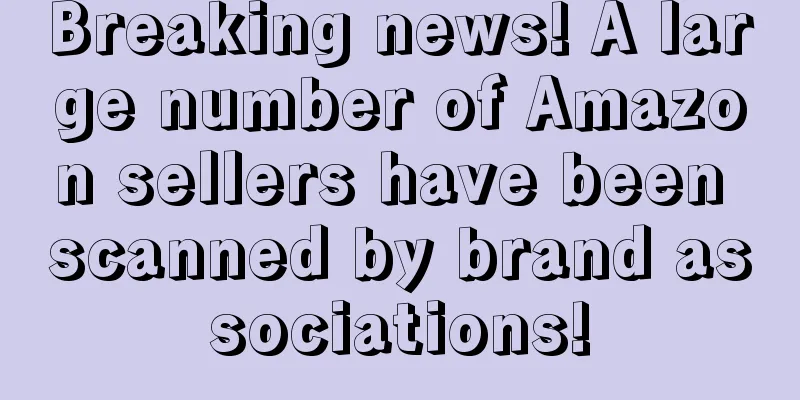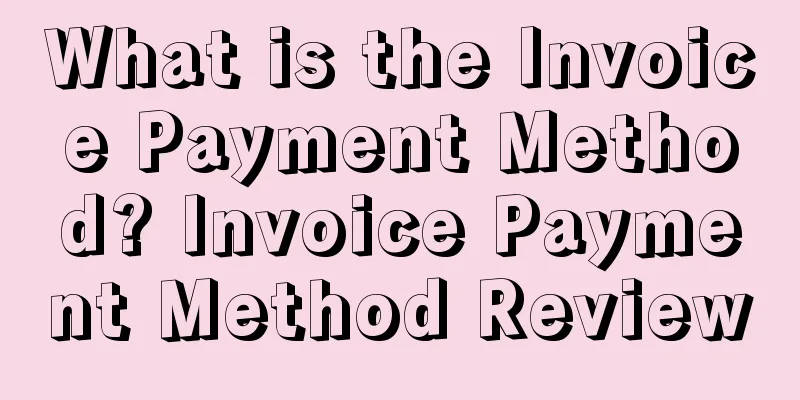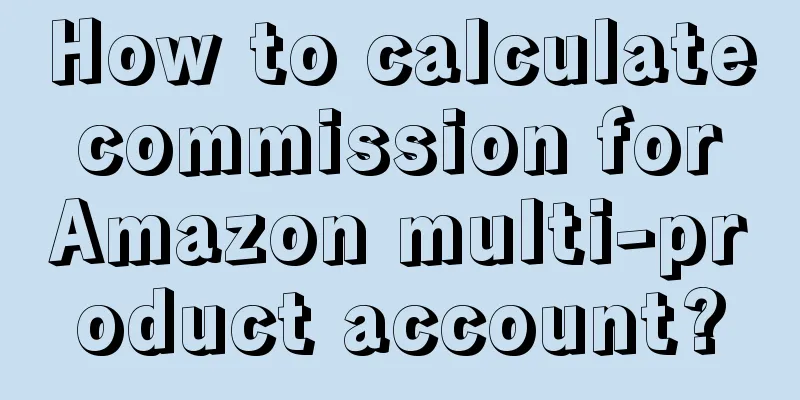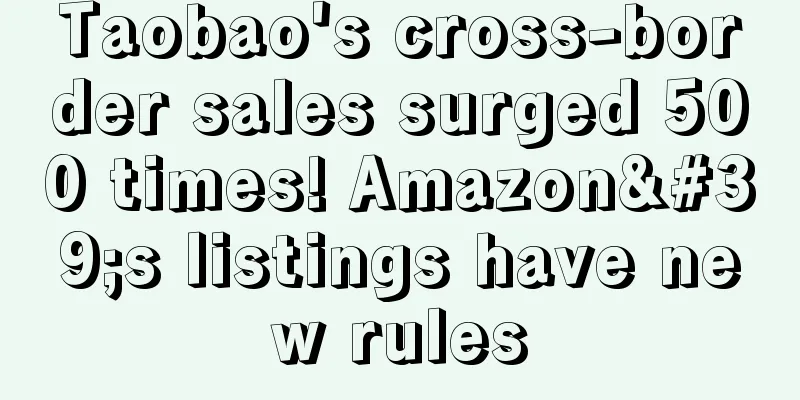Breaking news! A large number of Amazon sellers have been scanned by brand associations!

|
During peak seasons, Amazon seems to review accounts more frequently.
Recently, at this critical moment when the autumn promotion is approaching, Amazon has launched a new round of number scanning operations, the target of which is directly aimed at "brand association".
It was learned that in the early morning of September 23, a large number of sellers received performance notification emails from Amazon, and then their accounts were directly deactivated due to brand association.
Currently, seller accounts in the United States, Canada, Mexico and other sites have been deactivated.
Due to the wide range of impact, the news also triggered a wave of heated discussions in the cross-border circle: "A store of the authorized brand has been down for several years, and today it was suddenly linked." "This year is a disaster year for sellers operating multiple stores. There is legal person video certification in the front and brand association in the back." "I've verified that most of the group registrations last night were for brands. From now on, only one brand can be ordered per store..."
Based on the feedback from sellers, industry insiders have concluded that this wave of linked account scanning is mainly aimed at accounts with brand authorization issues. Specifically, there are two types:
1. Associated with completely unknown accounts, which have been merged, brand authorized or brand registered by service providers; 2. Associated with an account you know, this account has authorized the same brand as the existing account and has violated regulations (some accounts have even been blocked before this). All accounts authorized with the same brand will be deactivated due to "brand linkage".
According to sellers’ speculation, the registered trademarks of accounts that have handed over brand authorization or brand registration to service providers may have long been “abandoned” by Amazon, posing extremely high risks of “abuse” and association, which has led to many accounts being affected by this account scanning storm.
In addition, it is worth noting that this is the third wave of "brand-related scanning" launched by Amazon since September. The previous two times were on September 8 and September 13 respectively.
There is no doubt that as the compliance and branding process progresses, Amazon's review of brand-related issues will become more stringent.
It is learned that as early as December last year, Amazon launched a wave of large-scale brand removals, and the brands of a large number of seller accounts were removed because they were judged to be abusive.
At that time, an official Amazon manager said that the latest round of brand verification would be more stringent than previous ones, and the underlying idea was to prove the relationship between the brand owner and the account owner.
Judging from the recent trend of brand-related scanning, Amazon's all-round radar scanning of sellers' brands seems to be committed to proving the "uniqueness" and "authenticity" of sellers' brands and products, so as to build a healthy and benign competition platform ecology and enhance consumers' shopping experience.
It can be seen from this that "single store single brand" may become a major trend in Amazon's brand authorization in the future.
Here, we also recommend that all sellers, as there are many unknown risks in brand authorization of multiple stores. When registering and using a new account, you should try to register a new brand by yourself, ensure the independence of product information, legal person information and other information, and match the relevant information with the trademark registration and store information one by one to avoid association and increase the success rate of filing.
In addition, some sellers who were previously affected by the brand-related number scanning trend have also proposed relevant solutions:
Step 1: Identify the reasons for brand association
Step 2:
If an account is linked to an unfamiliar account, all factors that may have led to the link must be carefully investigated, and the relevant factors and investigation details must be recorded in the Action Plan (POA), explaining how the account information will be ensured to be secure in the future to prevent similar account linking situations from occurring again.
If it is linked to an account you know, you must first "cancel brand authorization" or "delete all links to the authorized brand" and then write a plan of action (POA) to appeal.
In the appeal letter, provide the specific factors that led to the association, demonstrate understanding of Amazon's multi-account policy, and detail the measures that have been taken to ensure the compliance of all accounts, which will prevent similar account association situations from occurring again.
At present, some sellers have successfully appealed through the above method, but some sellers said that the solution varies from account to account and they have not yet recovered their accounts. Therefore, whether the above method is effective or not still needs to be judged by the sellers in practice. If you have other successful appeal methods to share, you can also exchange and discuss in the comment area. |
<<: Amazon is settling scores? Sellers had multiple accounts blocked overnight!
>>: Profit from 1 to negative 1? Temu charges sellers a commission
Recommend
What are Dealabs? Dealabs Review
Dealabs is a French discount information website t...
Selling yourself? A large number of Amazon stores have cloned listings!
As soon as Black Friday and Cyber Monday came to...
What is the International Trade Center? International Trade Center Review
The International Trade Centre (ITC, French: Centr...
How many reversals will there be in the Twitter layoffs? Will Musk's violent layoffs happen?
It is learned that the love-hate relationship betw...
Nansha Port collapsed! The terminal urgently announced a shutdown and suspended all export document processing business!
Breaking news! Guangzhou Nansha Port suspends all ...
What is Moat? Moat Review
Moat is a company that helps companies measure the...
What is API? API Review
API stands for Application Programming Interface. ...
Top 10 Reasons Why Amazon Accounts Can Be Blocked
As the world's largest e-commerce platform, A...
What is WorldFirst? WorldFirst Review
Since its establishment in London, UK in 2004, Wor...
What is UK VAT Zero Declaration? UK VAT Zero Declaration Review
If there is no taxable income (sales) during the t...
After perfectly missing the Prime Day, I missed Black Friday and Cyber Monday! Seller: I am broken
Recently, the Tencent WeChat team updated 6 new em...
Export volume increased by 25.2%! "Made in Italy" is popular in the United States!
<span data-shimo-docs="[[20,"获悉,根据美国商务部发布的...
Wangyi Chronicles: ACOS is getting smaller and smaller with each refresh, and the recommended price for flash sales is suddenly lowered?
It is learned that according to data from Adobe An...









